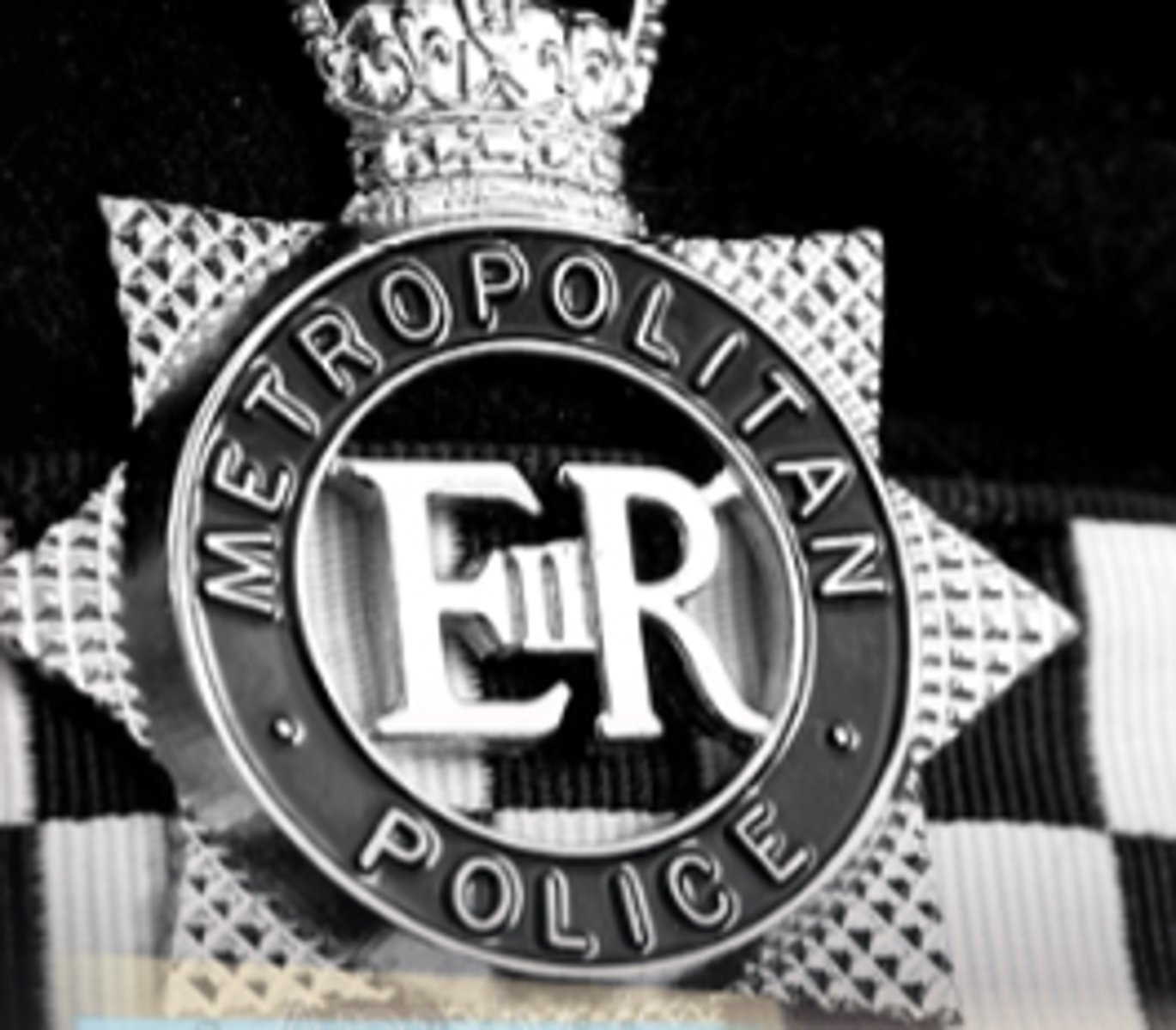FOR 02: Offender profiling- bottom up approach
1/4
There's no tags or description
Looks like no tags are added yet.
Name | Mastery | Learn | Test | Matching | Spaced |
|---|
No study sessions yet.
5 Terms
Explain what is involved in investigative psychology as an approach to offender profiling (5)
* Profilers work up from evidence collected from the crime scene to develop hypotheses.
* Establishes patterns of behaviour forming a statistical 'database'
* Offence compared against database.
* Interpersonal coherence
* Offender's behaviour at crime scene reflects their everyday behaviour and thus is a clue.

Explain what is involved in geographical profiling as an approach to offender profiling, including Canter's circle theory (4)
* The location of crimes is a clue
* Crime mapping based on psychological theories of offender's behaviour in relation to their home base.
Canter's circle theory
* Marauders operate close to home
* Commuters operate further afield.
Explain what Canter & Heritage's (1990) analysis showed about the investigative psychology approach to offender profiling (2)
* Smallest space analysis established patterns of behaviour across sexual assault cases
* i.e., interpersonal coherence
Explain what Lundrigan &Canter's (2001) analysis showed about the geographical profiling approach to offender profiling (2)
* Smallest space analysis established geographical 'centre of gravity'...
* ...as offenders spread victims in circle around own home
Explain what Copson's (1995) survey suggests about the usefulness of offender profiling in general (3)
* Survey of 48 police departments
* Advice from profilers 'useful' in 83% of cases
* But only led to identifying offender in 3% of cases
Note that this survey applies to offender profiling generally